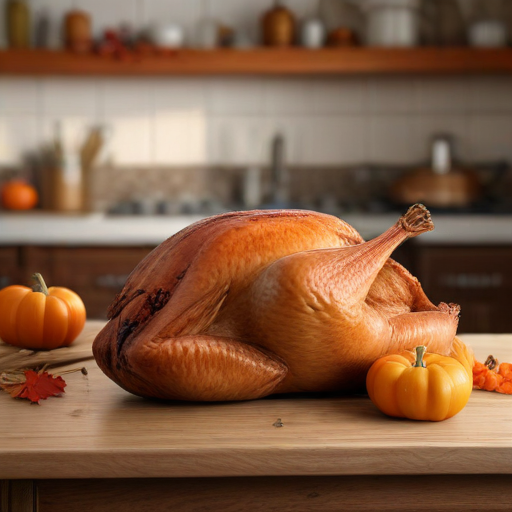PETA recently sparked significant discussion online by reposting a 20-year-old video on Instagram, alleging that employees of Butterball, a prominent turkey supplier, engaged in the sexual abuse of turkeys. The video, which PETA shared ahead of the Thanksgiving holiday, raises questions about the treatment of these animals.
In the controversial footage, a person, whose identity is not disclosed, makes serious allegations against Butterball workers. PETA seized the moment to prompt consumers into reflecting on the origins of their holiday turkeys, asking, “Do you know what happened to your Butterball turkey before they were killed?”
In the wake of the post, many users expressed their concerns and sought information on possible actions they could take. However, Butterball responded to the claims, stating that the video is outdated—it was recorded in 2006, prior to the company’s transition to private ownership and before they engaged with the American Humane certification program. This certification ensures that Butterball adheres to more than 200 rigorous standards of animal care and well-being.
The company emphasized that animal welfare is central to its operations. “Eleven years ago, Butterball was the first and remains the only turkey company to be American Humane certified, with yearly audits conducted by a third party,” a Butterball spokesperson elaborated.
Additionally, Butterball addressed circulating rumors about a turkey recall, confirming that there are currently no recalls for their products.
In line with its ongoing campaign against animal consumption, PETA plans to confront holiday shoppers this week with its “Hell on Wheels” truck, which showcases the harsh realities of turkey transport. Their intent is to encourage consumers to consider vegan options instead of traditional turkey this Thanksgiving.
A survey indicates that an increasing number of Americans—approximately 29%—plan to feature plant-based options at their Thanksgiving celebrations. For those contemplating a vegan holiday meal, alternatives like Tofurky’s holiday roast are available, along with a wealth of plant-based recipes.
This dialogue around animal welfare and dietary choices highlights a growing consciousness about ethical eating, especially during a holiday often centered around consumption. As discussions evolve, it appears that more people are exploring creative and compassionate ways to celebrate Thanksgiving, potentially leading to a more inclusive and thoughtful holiday experience.
